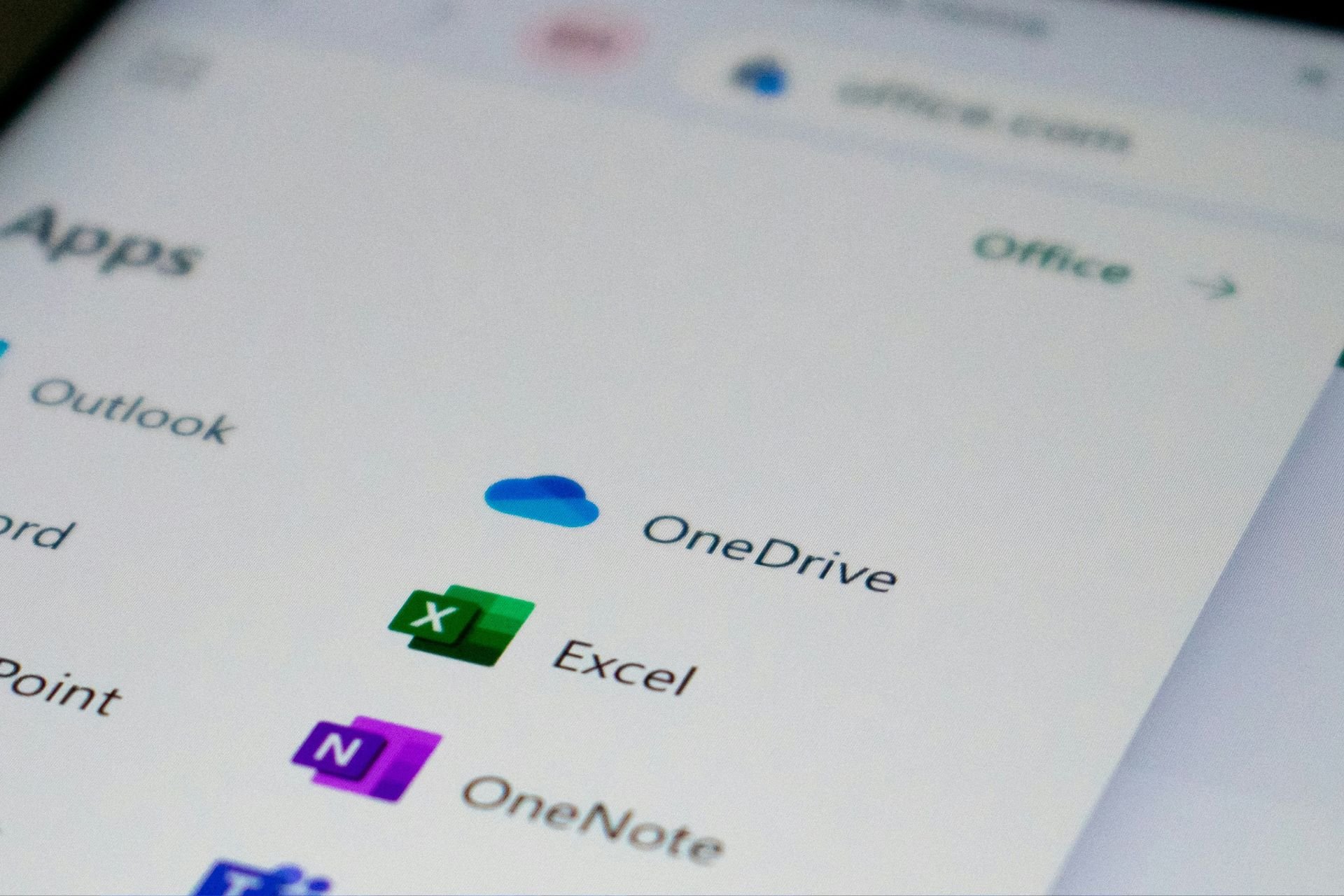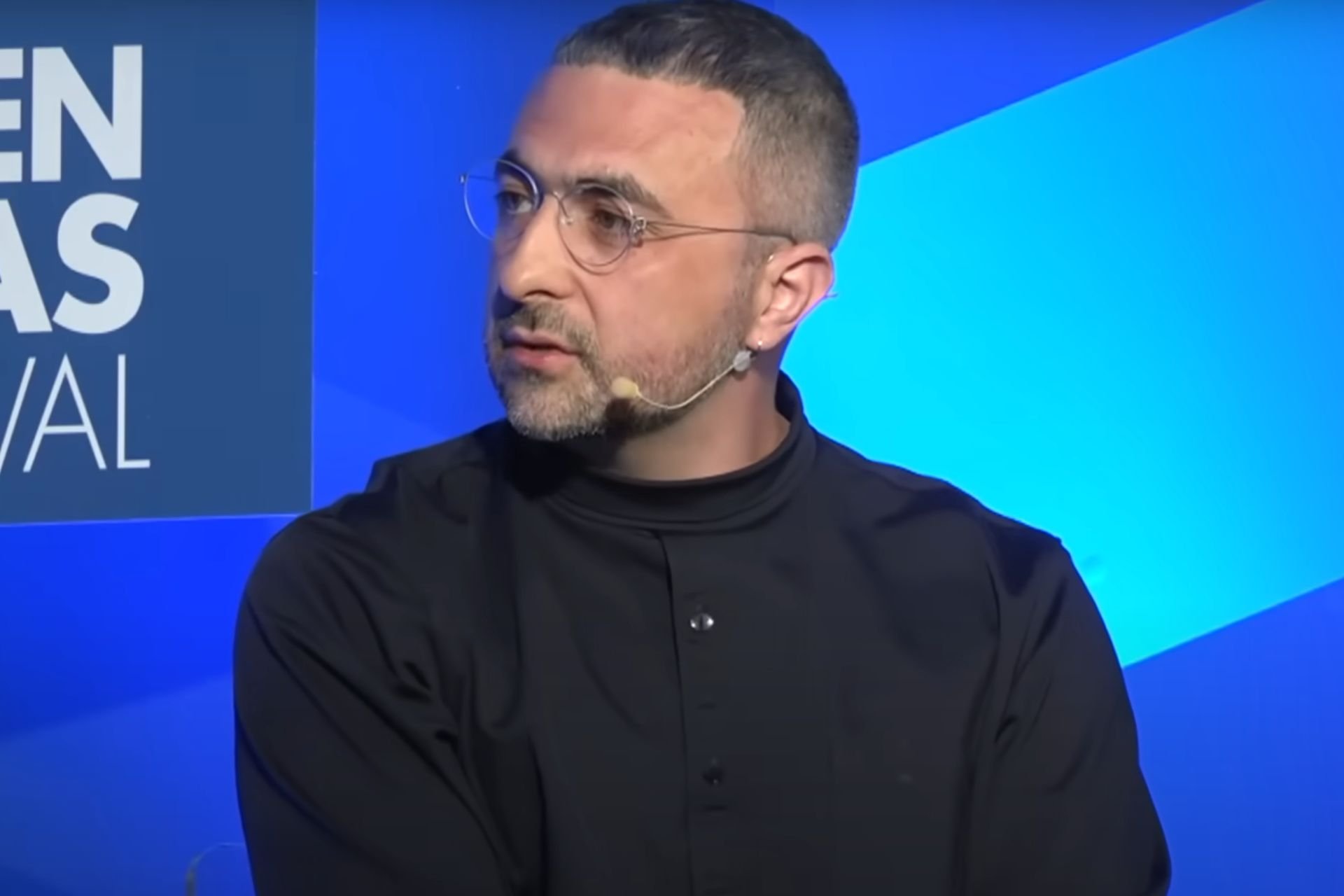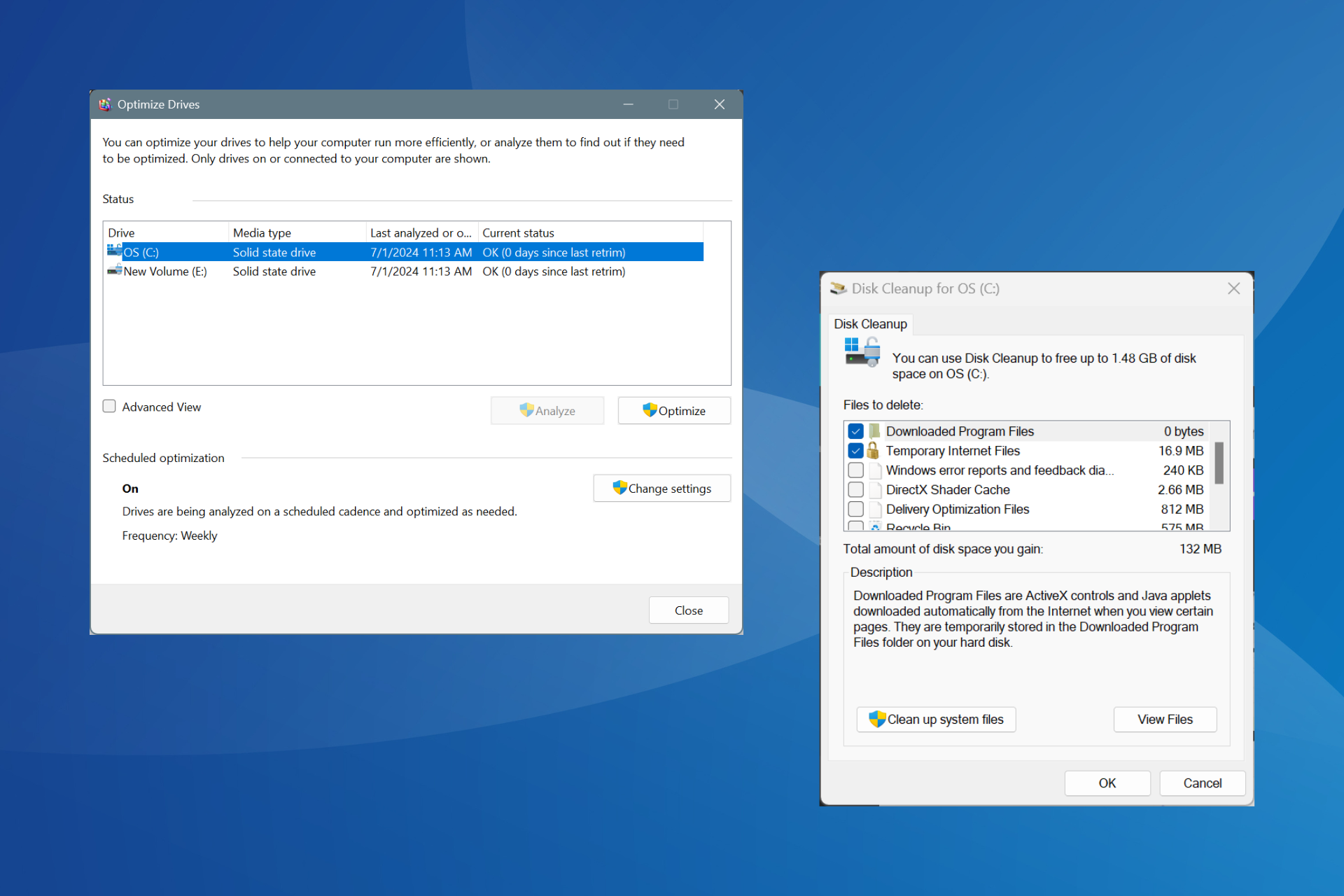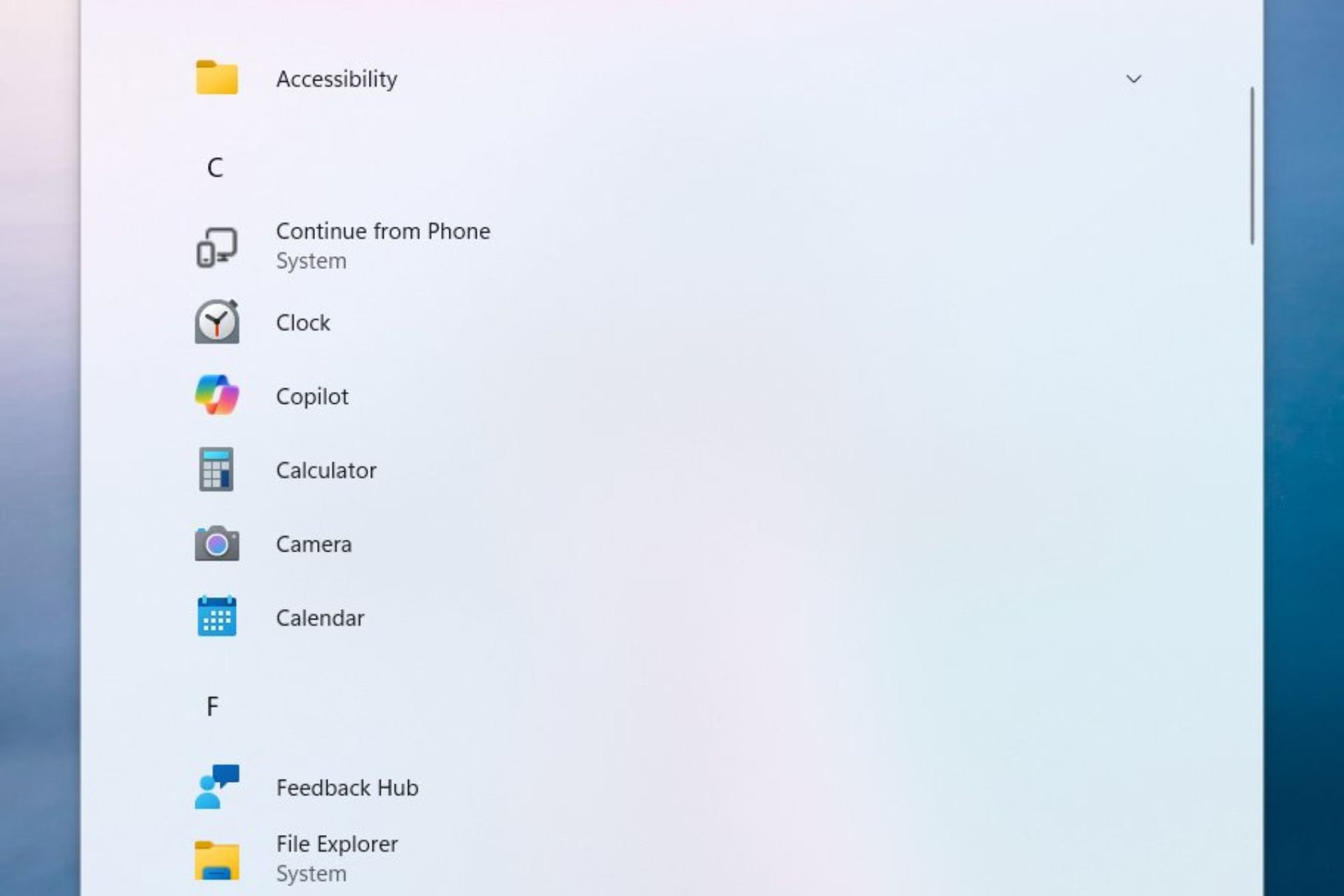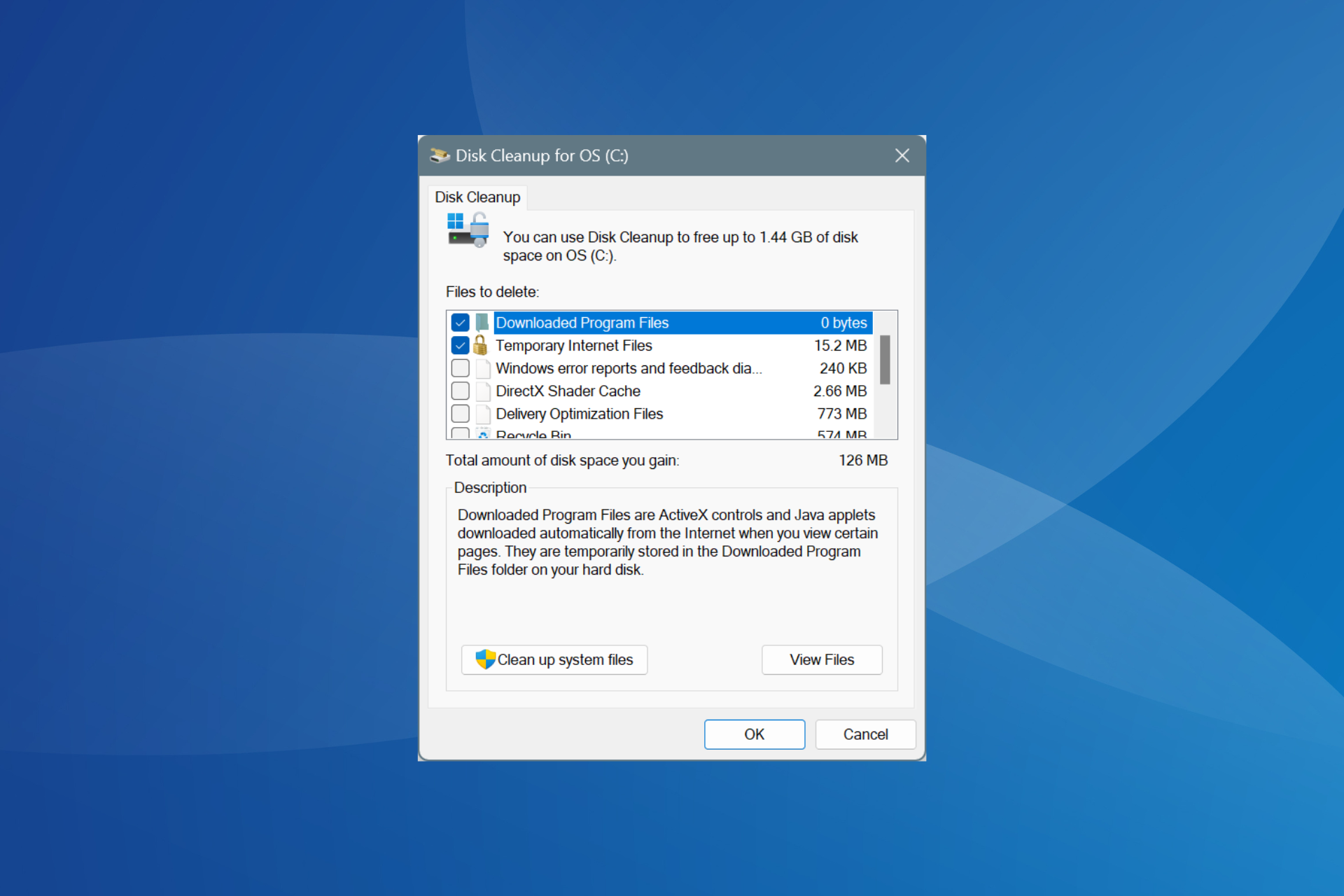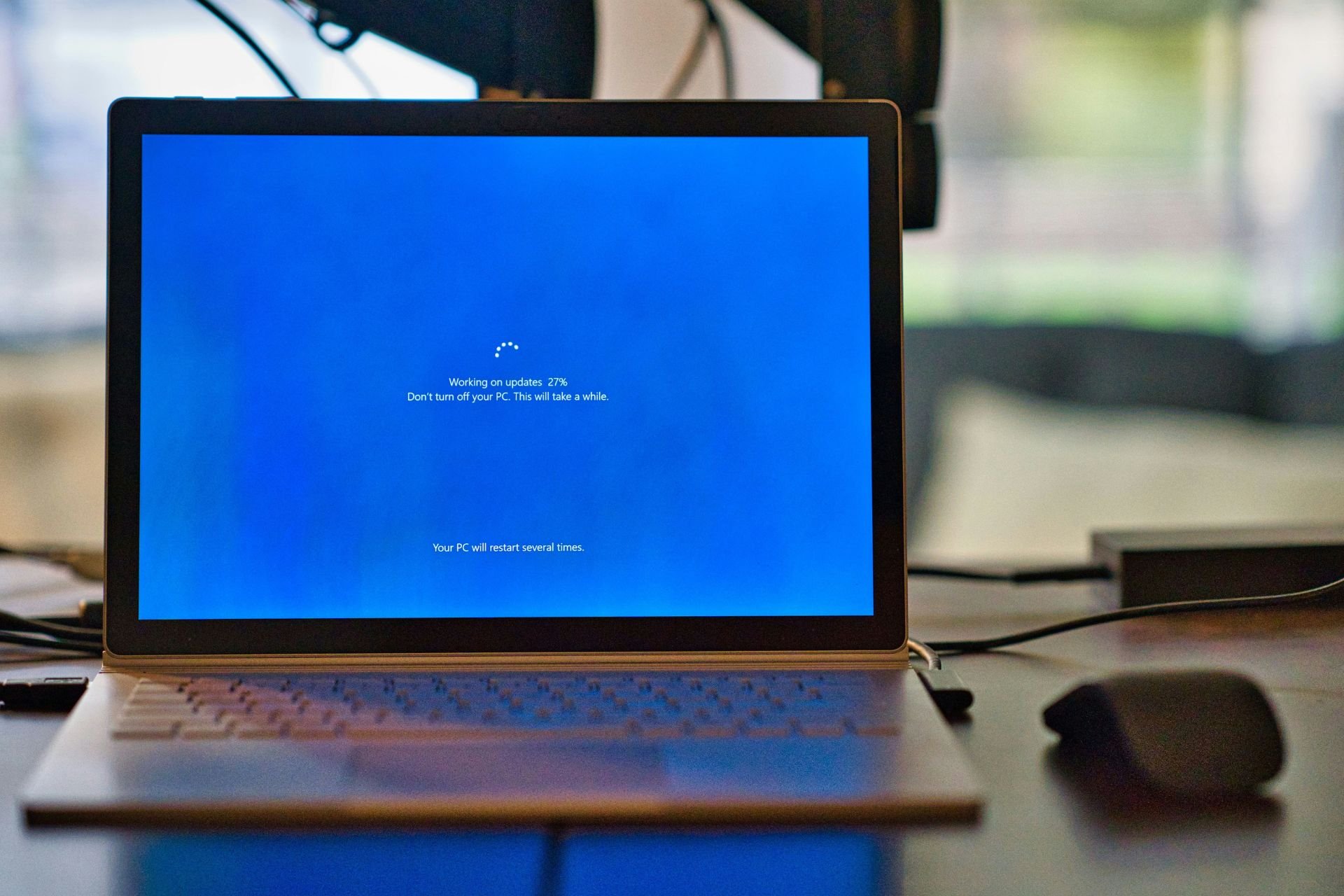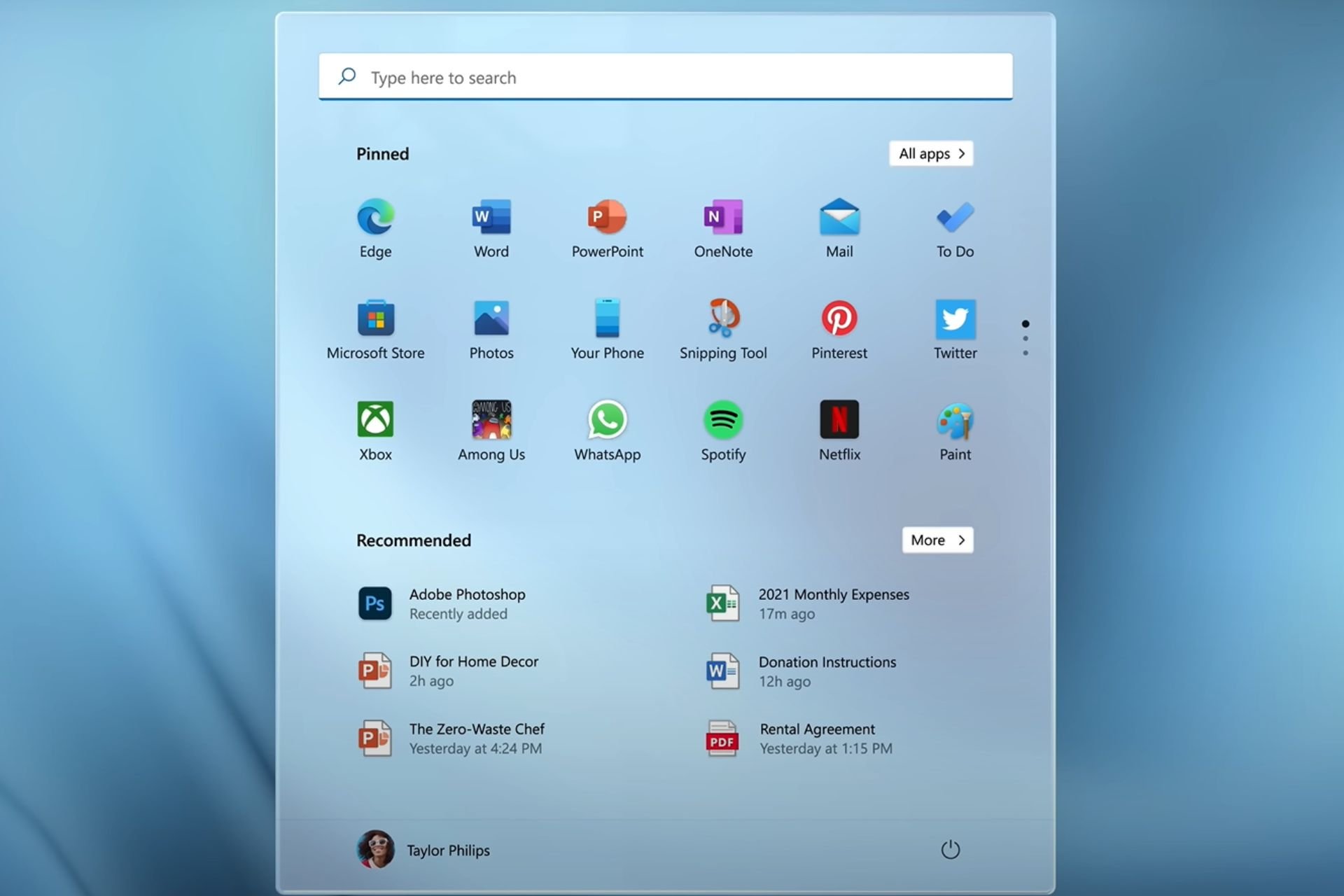OneDrive automatically backups folders in Windows 11 without users' permissions
Microsoft quietly updated Onedrive.
3 min. read
Published on
Read our disclosure page to find out how can you help Windows Report sustain the editorial team Read more

Picture this: You’ve prepared your fresh Windows 11 computer, ready to experience its elegant style and discover what it has to offer.
But hold on—there is something not right. According to the latest reports, Windows 11 has made an independent choice by automatically turning on OneDrive folder backup for Desktop, Pictures, Documents, Music, and Video folders without your permission. This signifies that, whether you approve or not, everything is becoming coordinated with the cloud.
We knew Microsoft was preparing something big for OneDrive, but we didn’t think it would be this. Maybe you are thinking, “What is the reason behind Microsoft doing this? ” It appears to be a smart yet cunning strategy from Microsoft to steer users towards their Microsoft 365 plan.
When your folders begin consuming that humble 5GB complimentary storage limit of OneDrive, you will probably encounter a barrier. And for those who are not very familiar with technology, the next reasonable action could be purchasing additional storage.
Here’s the surprising part: Microsoft made this switch without telling anyone. There was no warning, no “Hey, we’re going to begin backing up your things onto OneDrive,” nothing at all. Instead, there are a lot of green checkmarks beside your files and folders, which causes many people to feel puzzled. Do you sometimes get puzzled by the green checkmarks? Now you understand their purpose.
Don’t you like the sound of this automatic backup? You can escape from it, too. Go into OneDrive’s settings and switch off the automatic backup for those folders you wish to keep away from the cloud. It may be somewhat bothersome, but at least there is a choice not to participate.
This action from Microsoft fits into a larger pattern where big tech companies cleverly (or not so cleverly) promote their services and subscriptions to users. It isn’t only about Microsoft; there have been instances of Google doing something similar with Google Photos and its storage plans.
The thought behind all this is to create such strong connections between their services and your regular digital activities that deciding against them appears more bothersome than beneficial.
Keep an eye on your settings, particularly when you have just finished setting up a new device or updating your operating system. Companies such as Microsoft constantly seek methods to link users with their environments—sometimes without permission.
Certainly, OneDrive is a valuable service—especially if you are well into the Microsoft world. But it’s important to keep in mind that it might not be suitable for everyone, and people have specific needs for managing their files. Users must control what they want to be backed up and what should remain strictly local.
Ultimately, you decide whether to use OneDrive’s automatic backup feature on Windows 11. Ensure that this choice is yours and not done for you.

